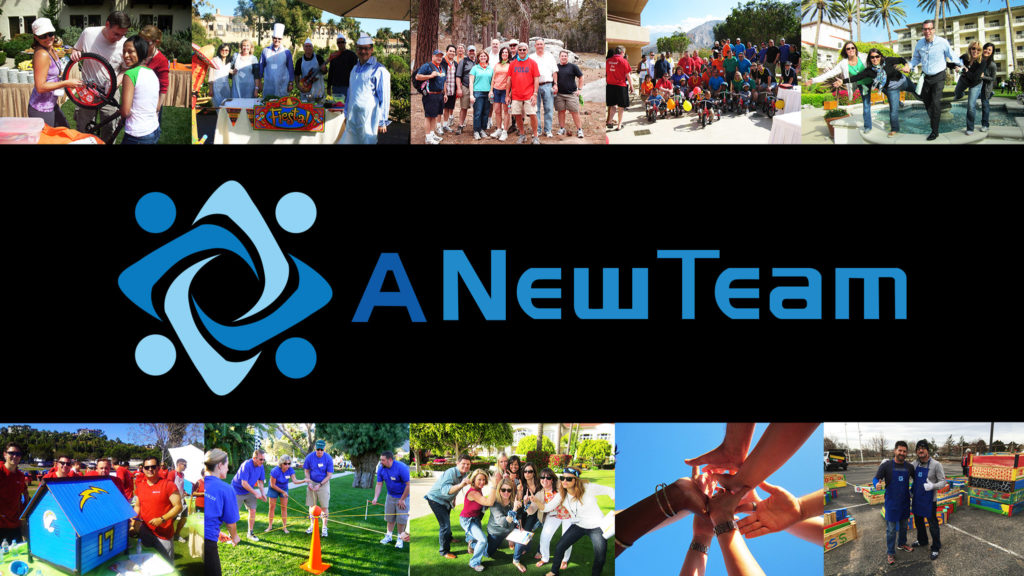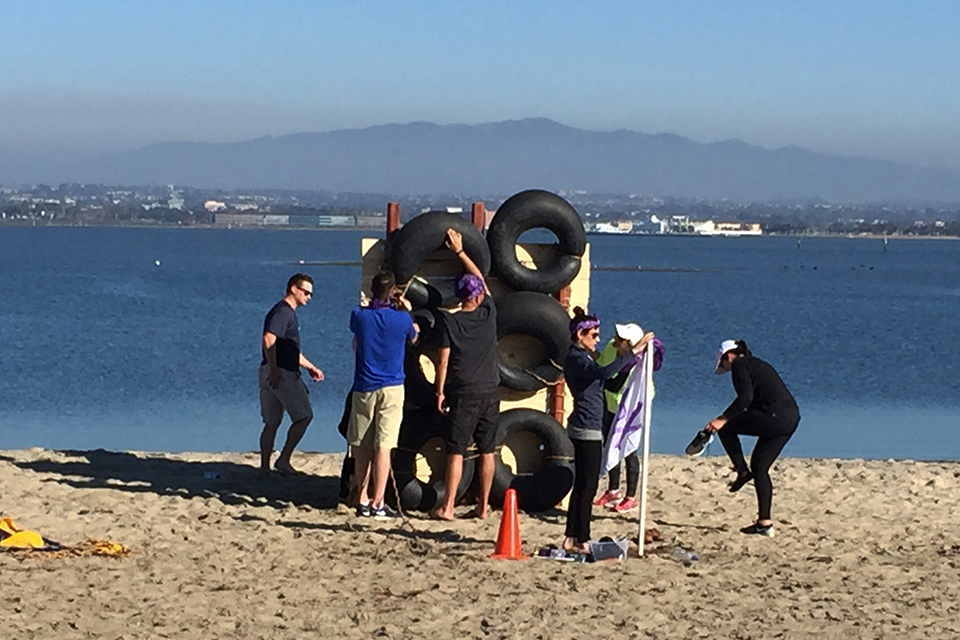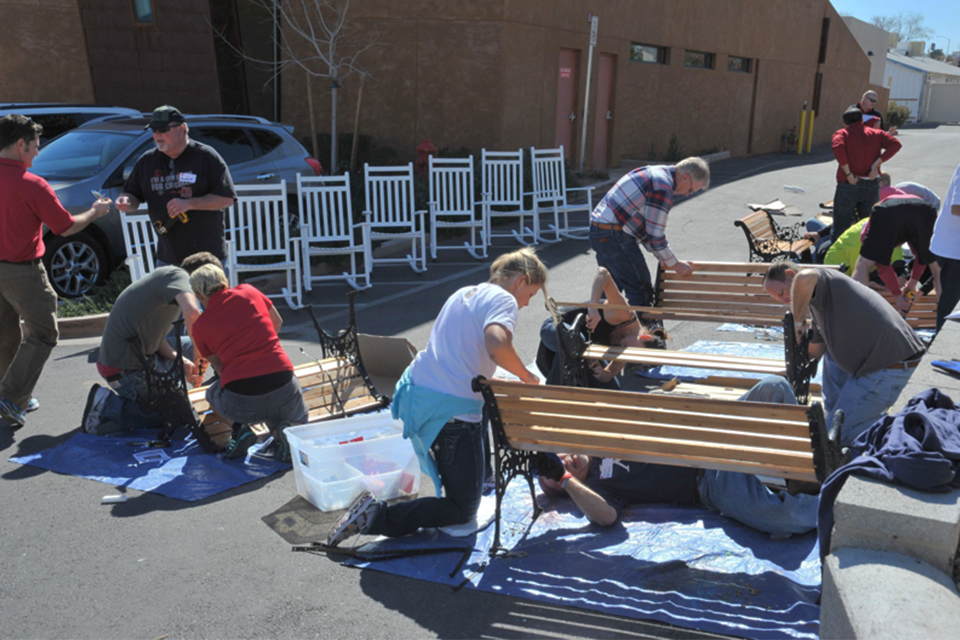
Team-building: It’s Relevant & It Works!
Team-building programs provide realistic experiences that empower individuals to contribute to common goals. The exercises are important not for the immediate experience of the activities performed by the team, but for the group skills, communication and bonding that result, enabling staff at all corporate levels to work as team players.
Workers who may be in different departments may never meet in the day to day running of a large business. The opportunity to meet and get to know one another in a less formal environment puts a positive spin on the team trusting that people you have never met before will support you, both emotionally and physically, when you are tasked with jumping off a pole to a trapeze, or simply having fun roaming around town together on a scavenger hunt.
These activities are designed to motivate people to pool their talents and perform at their best, individually and as team players. Team members discover that diversity is their greatest asset and trust, cooperation and effective communication are the keys to a team’s success. Structured activities not only encourage individual development, but they also bring all members together for a common cause. Companies and organizations that communicate effectively are 4.5 times more likely to retain the best employees. So when developing and planning team-building exercises and activities, focus on those that will increase and improve effective communication between your employees.
60% of bosses and managers report lack of collaboration as one of their top leadership challenges. Being trained to take advantage of team building opportunities means your team will come together as a whole and staff will feel validated and important to the company. 70% of employed Americans report that they are not engaged at work. This means that almost three-quarters of the American workforce are dissatisfied with their job. Statistics show that companies in the United States lose approximately $3 billion per year due to the effects of negative attitudes at work. 50% of the positive changes in communication patterns within the workplace can be accredited to social interaction outside of the workplace.
Effective team building means more engaged employees: Businesses with engaged employees receive two and a half times more revenues than companies with low engagement levels. So if you’re thinking to bring in some motivational speakers as a solution, consider that when people just sit and listen to a speaker during a training program, they typically only retain 20% of what they hear. Conversely, when they are involved in active learning such as a simulation, or a training game, they retain 90% of the information presented to them.
By bringing people together and putting them into a situation of relaxed fun where they might rely on each other for support gives them a new perspective on colleagues and the company. The success of most organizations depends on the ability of individuals to build effective teams, which is good for company culture and boosting the bottom line. So, is team building relevant?!





